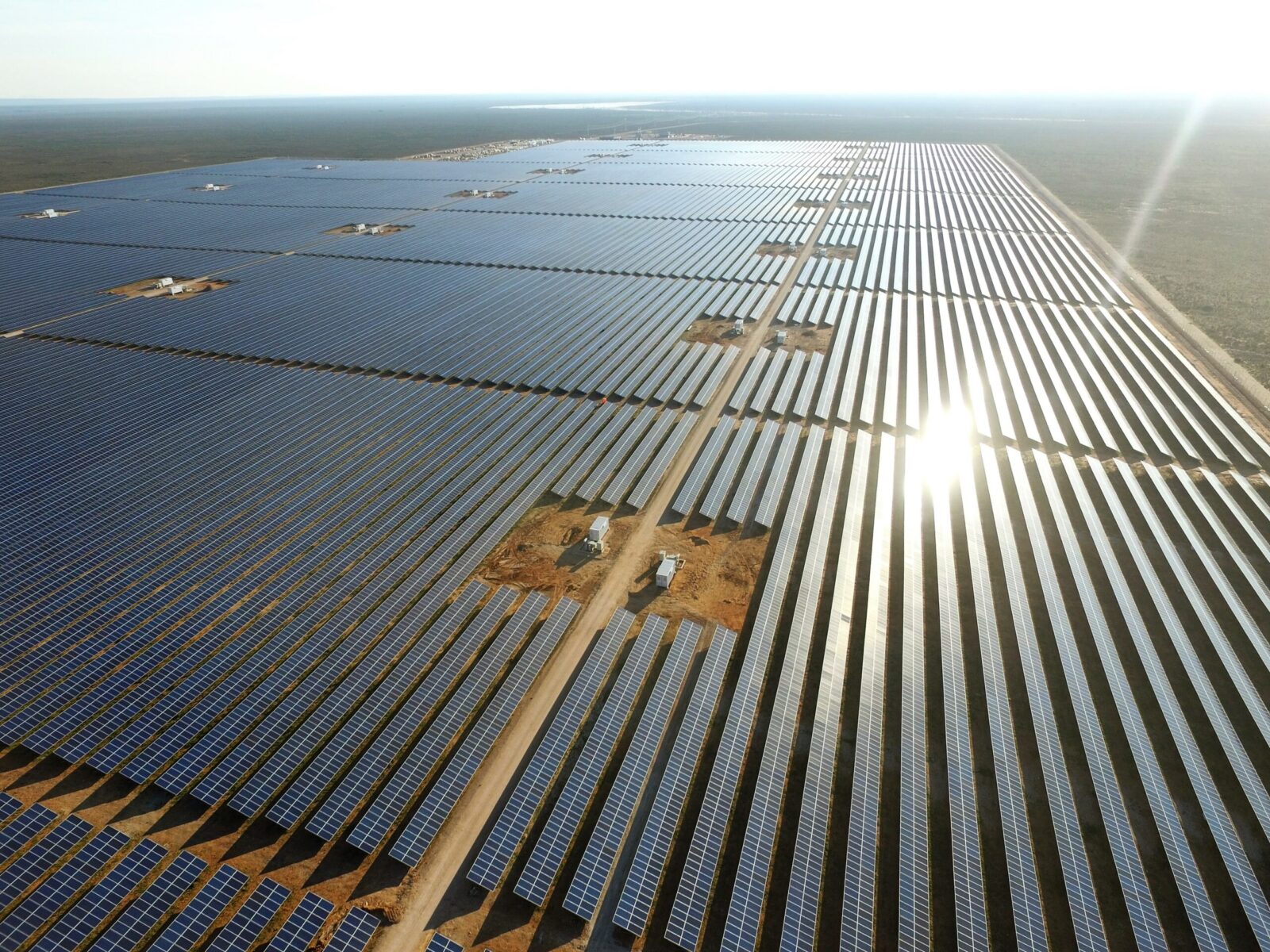Electricity storage plays a pivotal role in mitigating the intermittency challenges associated with certain renewable energy sources. Recognizing this, the South African government has taken proactive steps by launching the Independent Power Purchase through Energy Storage Programme (BESIPPPP) to stimulate private investment in electricity storage. In response to a tender by the Department of Mineral Resources and Energy, a consortium led by Électricité de France (EDF) and Mulilo Energy Holdings secured the preferred bidder status for constructing the Oasis Aggeneis, Oasis Mookodi, and Oasis Nieuwehoop storage systems.
Accelerating Private Investment
Robert Helms, Partner at Copenhagen Infrastructure Partners (CIP), Mulilo’s majority shareholder, emphasized the significance of achieving preferred bidder status. He stated, “Achieving preferred bidder status for the majority of the capacity procured through South Africa’s first public tender for battery storage, in collaboration with EDF, marks an important milestone in Mulilo’s accelerated growth journey.”
Capacity and Investment Details
The three storage facilities are projected to boast a combined storage capacity of 1,028 MWh/257 MW, requiring a substantial investment of 7 billion South African rand, equivalent to just over 375 million dollars. Construction of these battery storage systems is slated to commence in mid-2024 in the Northern Cape and North West provinces, contributing to South Africa’s burgeoning energy infrastructure.
Strategic Power Purchase Agreements
Upon completion, the facilities will operate under a 15-year power purchase agreement (PPA) with Eskom, the state-owned utility. This strategic collaboration ensures the long-term viability and sustainability of the electricity storage initiative. Alongside EDF and Mulilo, Norwegian company Scatec secured a place in the first BESIPPPP tender. Their mandate involves installing a battery storage system at the Ferrum substation in the Northern Cape province.
Timeline and Projected Impact
Construction work on these battery storage systems aligns with the timeline set to begin in mid-2024, signaling a concerted effort to address South Africa’s energy storage needs. The geographical dispersion of the projects across the Northern Cape and North West provinces indicates a comprehensive approach to enhancing the resilience and reliability of the national power grid.
Contextualizing Within National Programs
This infrastructure development is part of the broader Risk Mitigation Programme for Independent Power Producers (RMIPPPP) initiated in response to the electricity crisis. RMIPPPP has already facilitated the construction of several solar photovoltaic power plants in South Africa, underscoring the government’s commitment to diversifying and strengthening the country’s energy mix.
Industry Dynamics and Collaborative Efforts
The involvement of global energy players like EDF and Mulilo highlights the collaborative nature of the initiative. Such partnerships bring together diverse expertise, technological know-how, and financial resources, fostering a conducive environment for innovation and sustainable development in the energy storage sector.
Economic Implications and Job Creation
Beyond the immediate benefits to the energy sector, the project holds promising economic implications. With a substantial investment of over 375 million dollars, the construction phase alone is expected to generate employment opportunities in the provinces where the facilities will be built. This aligns with broader economic development goals and underscores the potential for renewable energy projects to act as catalysts for job creation.
Environmental Sustainability and Renewed Energy Landscape
The adoption of large-scale battery storage systems signifies a paradigm shift towards a more sustainable and resilient energy landscape. By addressing the intermittency challenges associated with renewables, South Africa is taking strides towards a greener future. This aligns with global efforts to transition to cleaner energy sources and reduce carbon emissions.
in conclusion, EDF and Mulilo’s commitment to investing $375 million in electricity storage projects in South Africa marks a significant milestone in the country’s journey towards a sustainable and reliable energy infrastructure. The collaboration not only addresses immediate challenges associated with renewable energy intermittency but also contributes to economic development, job creation, and environmental sustainability. As construction kicks off in mid-2024, these initiatives are poised to reshape the energy landscape of South Africa, setting a precedent for future endeavors in the global push towards cleaner and more resilient energy systems.
Source: Afrk21



















Leave a Reply